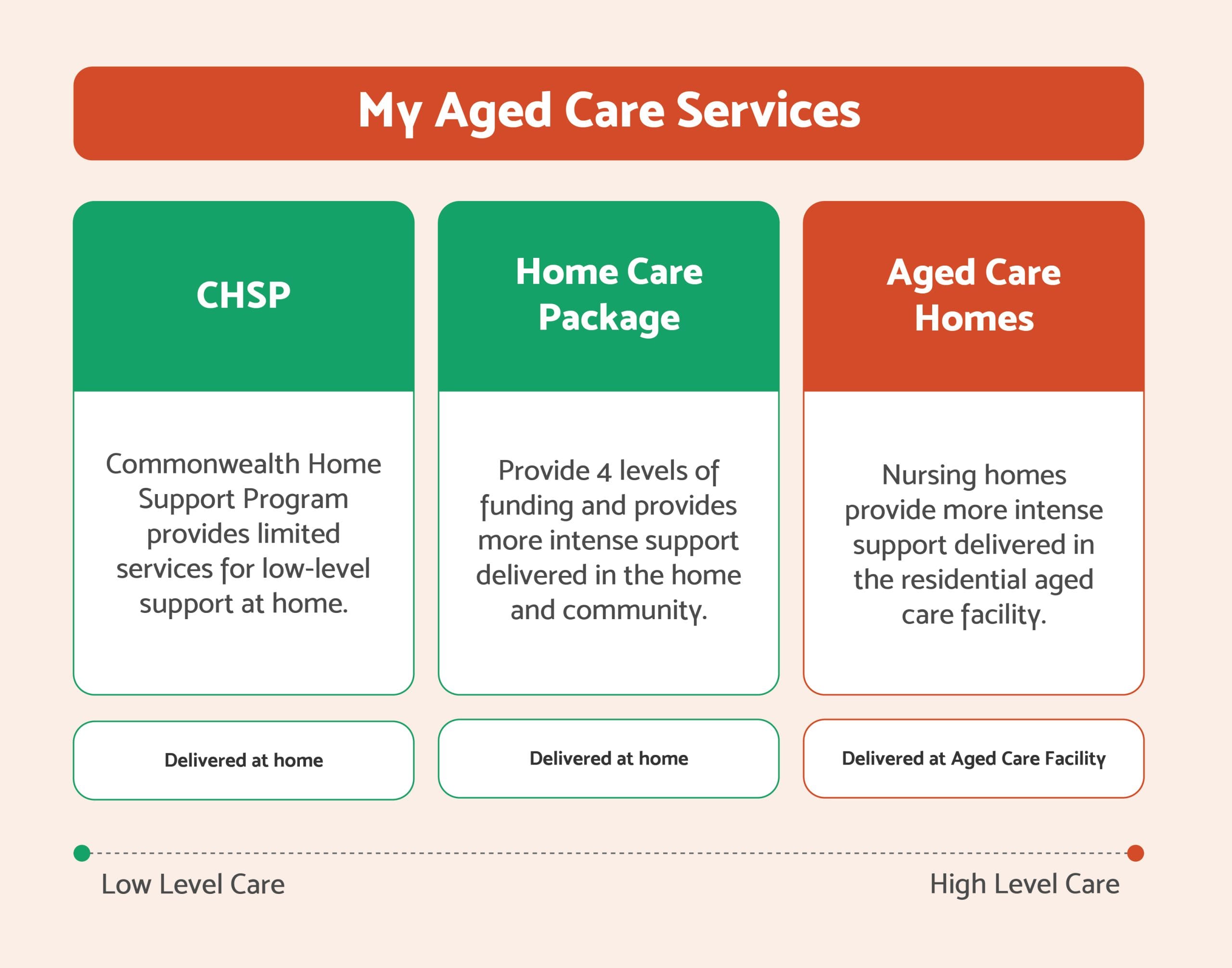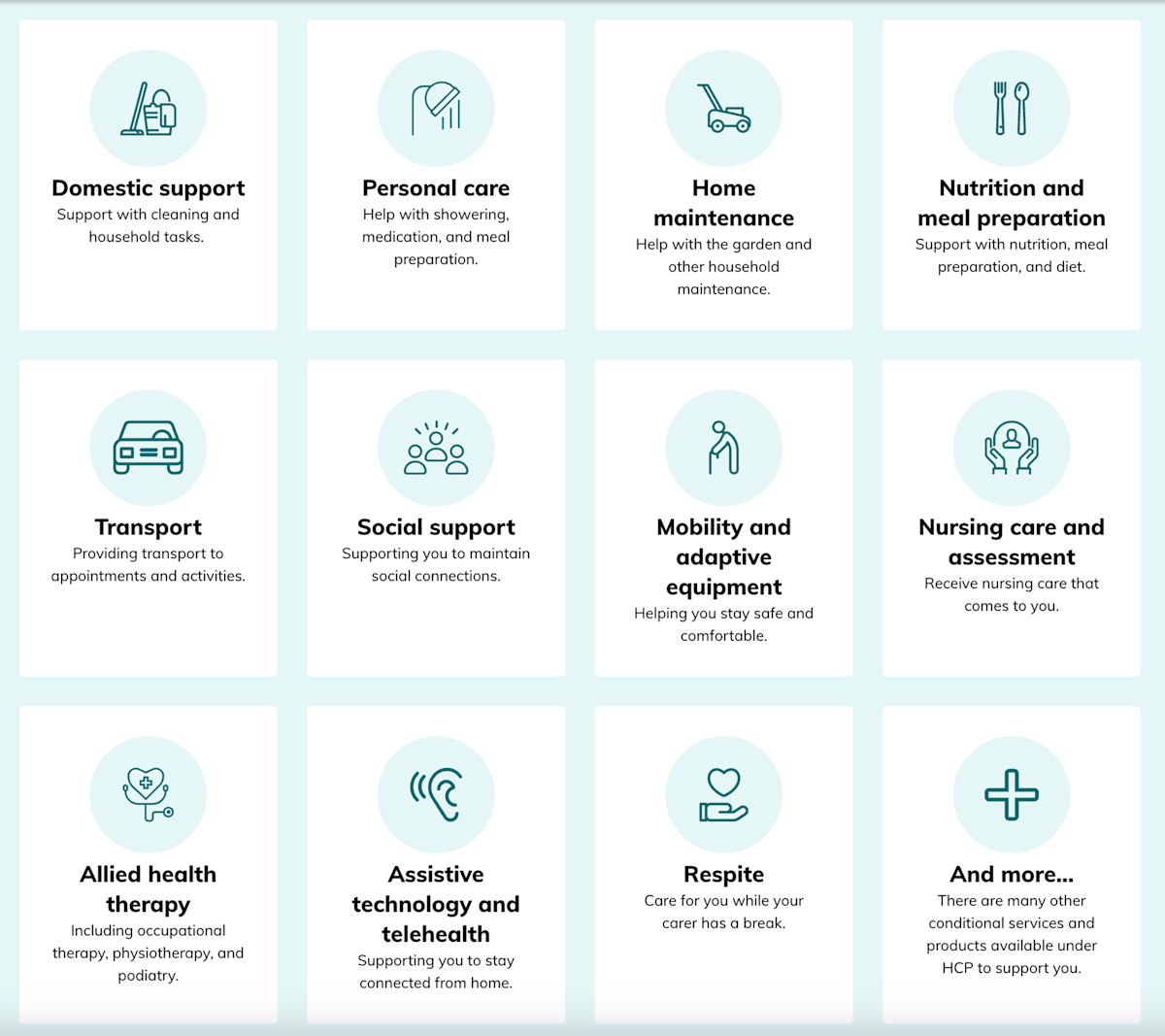The Importance of Home Treatment in Disability Assistance: Checking Out NDIS Registered Solutions
Home treatment is an essential aspect of special needs support, particularly within the structure of NDIS signed up remedies. It provides vital services that promote self-reliance and boost overall top quality of life for people with handicaps. By supplying tailored support, these services accommodate unique needs and choices. Nevertheless, the efficiency of home care relies on ongoing communication with NDIS coordinators. This dynamic connection reveals much deeper understandings into the transformative possibility of tailored assistance. What challenges and successes arise in this advancing landscape?
Understanding the Role of Home Care in Disability Assistance
Home care plays a vital function in the assistance of people with specials needs, supplying significant services that promote freedom and boost lifestyle. It includes an array of aid customized to satisfy the unique demands of each individual, including individual treatment, home jobs, and wheelchair support. Educated caretakers supply companionship and psychological support, promoting purposeful connections that battle social isolation.Furthermore, home care solutions are created to adapt as scenarios alter, making certain that people obtain the appropriate degree of treatment throughout their lives. This adaptability allows for the integration of new therapies or technologies that might arise. By prioritizing the individual's regimens and preferences, home care equips them to preserve control over their everyday activities. Inevitably, the function of home treatment in handicap assistance is necessary, as it not just supplies sensible help yet likewise affirms the dignity and autonomy of those it offers.

Benefits of Personalized Help at Home
Customized aid in your home offers numerous advantages customized to private demands - home care providers. By producing personalized support strategies, caretakers can greatly enhance the self-reliance of people with disabilities. This method not just advertises autonomy but additionally cultivates a sense of self-respect and self-regard
Customized Support Plans
Tailored support plans play an essential function in enhancing the quality of life for individuals with specials needs. These individualized plans are created to address the one-of-a-kind demands and choices of each individual, ensuring that assistance services straighten with their particular objectives and way of life. By involving clients in the planning procedure, tailored assistance strategies promote a sense of possession and empowerment. This customized method allows caretakers to offer appropriate help, whether it entails daily living tasks, social involvement, or ability advancement. In addition, customized plans can adjust to transforming situations, mirroring the developing demands of the person. Inevitably, this individualized assistance improves not only day-to-day working but additionally psychological wellness, enhancing the relevance of a customized approach in handicap support solutions.
Improved Independence Opportunities
Individuals with specials needs profit greatly from customized support in the house, as it advertises boosted independence opportunities. Tailored assistance enables people to participate in everyday activities with better confidence and autonomy. Home treatment services can include support with personal treatment, meal preparation, and family administration, enabling clients to keep their routines and preferences. This customized approach promotes a feeling of control, equipping individuals to make choices that show their distinct needs and objectives. Additionally, the convenience of home creates a familiar atmosphere, reducing stress and anxiety and improving psychological well-being. Generally, tailored assistance not just supports crucial everyday jobs yet likewise grows a more independent way of life, enabling people with impairments to prosper within their communities and attain greater personal satisfaction.
Summary of NDIS Registered Home Care Providers
NDIS registered home treatment services include various kinds of assistance tailored to people with impairments (home care providers). Understanding eligibility and access to these solutions is important for taking full advantage of the benefits of NDIS assistance. This summary will highlight the vital elements of home care under the NDIS framework
Kinds Of Home Care
Home treatment services play a crucial function in sustaining individuals with disabilities, supplying a range of choices to meet varied demands. NDIS registered home treatment solutions include personal treatment, which assists individuals with day-to-day activities like showering and clothing. Residential aid aids maintain a clean and safe living atmosphere, while respite care offers short-term relief for primary caregivers. Community access solutions enable involvement in entertainment and social activities, promoting independence and link. In addition, nursing treatment supplies clinical assistance at home, making certain health requirements are satisfied. Treatment services, including occupational and physiotherapy, aid in rehabilitation and ability growth. Together, these different sorts of home care contribute substantially to improving the lifestyle for individuals with handicaps.
Qualification and Accessibility
How can one access the necessary home treatment solutions provided under the NDIS? To get approved for these services, individuals need to meet details eligibility requirements outlined by the National Impairment Insurance Coverage Scheme. Applicants need to show a significant and permanent impairment that impacts their everyday performance. The procedure starts with sending an Accessibility Demand official website Kind, that includes documents of the disability and its effect on everyday life. When accepted, people get a personalized plan detailing their required supports, including home care services. These solutions can be accessed via NDIS-registered companies, who have to comply with rigorous quality and security requirements. Comprehending these steps guarantees people can effectively navigate the NDIS system to obtain the essential assistance for their home care needs.
Advantages of NDIS Assistance
Accessing necessary support through signed up solutions provides individuals with disabilities a transformative possibility to improve their quality of life. NDIS registered home treatment services give customized support, ensuring that each individual's distinct needs are fulfilled. These services incorporate a variety of assistances, including personal treatment, movement assistance, and restorative services, all made to promote freedom and wellness. Additionally, signed up service providers adhere to rigorous top quality requirements, ensuring a high degree of care and safety and security. Participants additionally gain from raised flexibility, permitting them to select solution delivery approaches that finest match their way of lives. Ultimately, NDIS assistance fosters a sense of neighborhood and empowerment, making it possible for people with handicaps to engage even more totally in their day-to-day lives and attain individual goals.
Tailoring support to private demands is important in disability care, as each person's choices and situations vary substantially. The National Disability Insurance Coverage Plan (NDIS) highlights the value of individualized treatment strategies that show the special objectives and demands of each individual. This technique permits caretakers to concentrate on certain locations such as wheelchair help, daily living abilities, and psychological assistance, making certain that services are relevant and effective.
Enhancing High Quality of Life With Home Treatment
While lots of people with disabilities face unique challenges, home care services can greatly enhance their lifestyle by providing tailored support in familiar environments. These solutions promote self-reliance, allowing people to participate in everyday activities that advertise self-confidence and personal fulfillment. Via tailored care plans, home treatment companies can resolve certain requirements, whether it involves aid with individual hygiene, dish preparation, or medication management.Moreover, home treatment helps with social communications, motivating connections with friends and family, which are necessary for emotional health. By remaining in their very own homes, individuals experience a feeling of stability and connection, minimizing anxiety connected with unknown settings. Furthermore, caretakers can provide friendship, helping to relieve feelings of important source seclusion. Overall, home treatment not just addresses physical needs yet likewise improves the emotional and social measurements of life for individuals with specials needs, ultimately resulting in an extra fulfilling and delightful presence.
Browsing the NDIS for Home Care Solutions
Guiding via the National Disability Insurance System (NDIS) can considerably influence the efficiency of home treatment remedies for individuals with impairments. Comprehending the NDIS structure is important for individuals looking for ideal funding for home care services. This procedure starts with recognizing individual needs and goals, which assists in tailoring assistance strategies that straighten with the individual's requirements.Navigating the NDIS entails acquainting oneself with the eligibility criteria, application procedures, and the planning process. Participants should engage with NDIS planners to discuss their particular scenarios and preferred end results. This discussion ensures that the needed home treatment solutions, such as personal care, support with daily living, and therapeutic support, are included in their plans.Furthermore, staying upgraded on NDIS plans and any kind of adjustments in financing can encourage individuals to make educated options regarding their home treatment choices, inevitably boosting their freedom and top quality of life.
Success Stories: Equipping Lives With Home Treatment
Home treatment services have changed the lives of several people with specials needs, demonstrating the profound influence of individualized support. For example, Sarah, a young woman with analytical palsy, got self-reliance through customized home care assistance that allowed her to get involved and handle daily jobs in neighborhood tasks. John, that has autism, benefited from a committed caregiver that helped him create social skills and foster purposeful relationships, boosting his quality of life. These success tales highlight how home treatment not only fulfills physical browse around these guys demands yet likewise advertises emotional health. Family members report boosted assurance, knowing their liked ones get professional and caring assistance in an acquainted environment. As these examples highlight, home treatment empowers people with impairments to grow, urging self-sufficiency and improving overall life fulfillment. The transformative impacts of such services underscore the significance of home treatment in the broader context of impairment support.

Often Asked Concerns
Exactly How Can I Locate NDIS Registered Home Treatment Providers in My Area?
To discover NDIS registered home care carriers in a particular area, individuals can go to the NDIS web site, make use of the supplier finder tool, or get in touch with local impairment assistance companies for suggestions and assistance.
What Qualifications Should Home Care Workers Possess for Special Needs Support?
Home treatment employees for disability support ought to ideally possess credentials such as a Certificate III in Individual Assistance, appropriate experience, solid interaction abilities, compassion, and expertise of special needs legal rights and person-centered care practices.
Exist Any Kind Of Expenses Related To NDIS Registered Home Treatment Providers?
Costs related to NDIS registered home care solutions can differ based on individual needs, service suppliers, and the degree of care required. Participants need to review their plans to understand particular funding and potential out-of-pocket costs.
Can Home Treatment Services Accommodate Particular Cultural or Language Requirements?

Just How Often Can I Modification My Home Treatment Assistance Plan?
Individuals can normally transform their home treatment assistance plan as required, often at the very least each year or upon significant life adjustments. Routine reviews assure that the plan remains appropriate and efficiently addresses evolving individual circumstances and requirements. Educated caretakers use friendship and emotional assistance, fostering meaningful connections that battle social isolation.Furthermore, home care services are designed to adapt as situations transform, guaranteeing that people obtain the suitable degree of treatment throughout their lives. Home care services can consist of support with individual care, dish preparation, and family monitoring, making it possible for clients to preserve their routines and choices. NDIS registered home care solutions consist of personal treatment, which assists people with everyday activities like showering and dressing. Via personalized treatment strategies, home treatment providers can address details needs, whether it includes aid with individual health, dish prep work, or medicine management.Moreover, home treatment promotes social communications, encouraging connections with family and good friends, which are vital for emotional health. Expenses linked with NDIS signed up home care services can vary based on individual requirements, solution providers, and the degree of treatment needed.